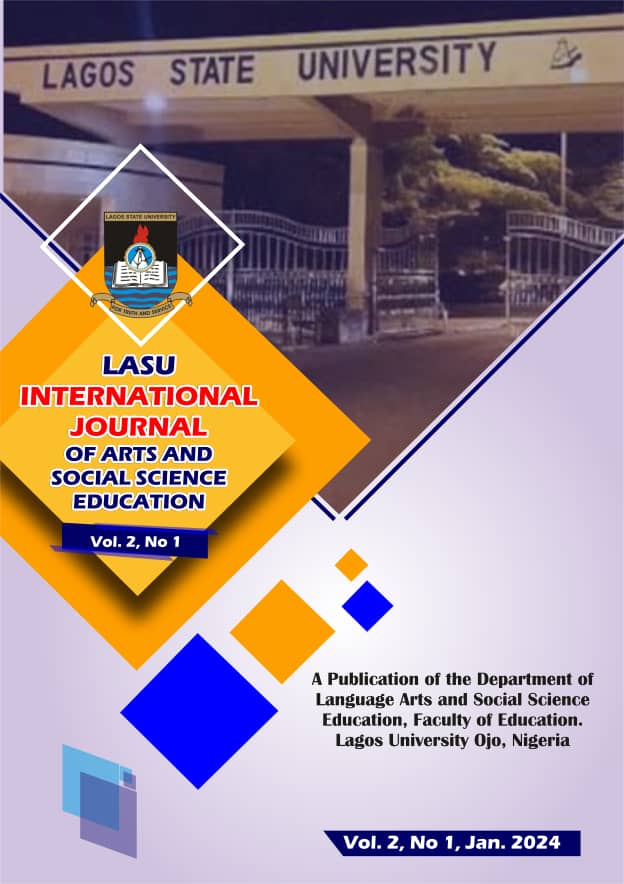This study assessed the level of university lecturers in the use of artificial intelligence for teaching and research. The research design adopted in the study was descriptive survey of correlational type. The population of the study covered all lecturers in all universities in North Central Geo-Political Zone in Nigeria. Multi stage sampling technique was used in the study to select the respondents. The instrument used in the study was adapted from Ukeh and Aniah (2024) titled “Artificial Intelligence level of use among Nigerian university lecturers (AIULNUL). The instrument was divided into four aspects: the general level of AI tools usage for teaching and research among university lecturers in Nigeria; the relationship between AI tools usage for teaching and research and lecturers’ productivity; relationship between AI tools usage for teaching and research on university lecturers’ research engagement and relationship between AI tools usage for teaching and research on Nigerian university lecturers’ teaching engagement. All instruments were validated using Cronbach Alpha the reliability coefficients of 0.83, 0.76, 0.82 and 0.79 were generated. The descriptive statistic tools used in the study were mean and standard deviation while Pearson Product Moment Correlation (PPMC) was inferential statistical tool used. The findings of the study revealed that Nigerian university lecturers’ level of use of AI for teaching and research was moderate. The finding also discovered that there was no significant relationship between AI level of usage and Nigerian university lecturers’ productivity, research and teaching engagements. The study concluded in the study that University lecturers’ level of use of artificial intelligence enhance their productivity and proficiency in teaching and research. Therefore, the study recommended that Nigerian University managements should organize series of workshops and seminars on the effective ways of using artificial intelligence tools for teaching and research.









